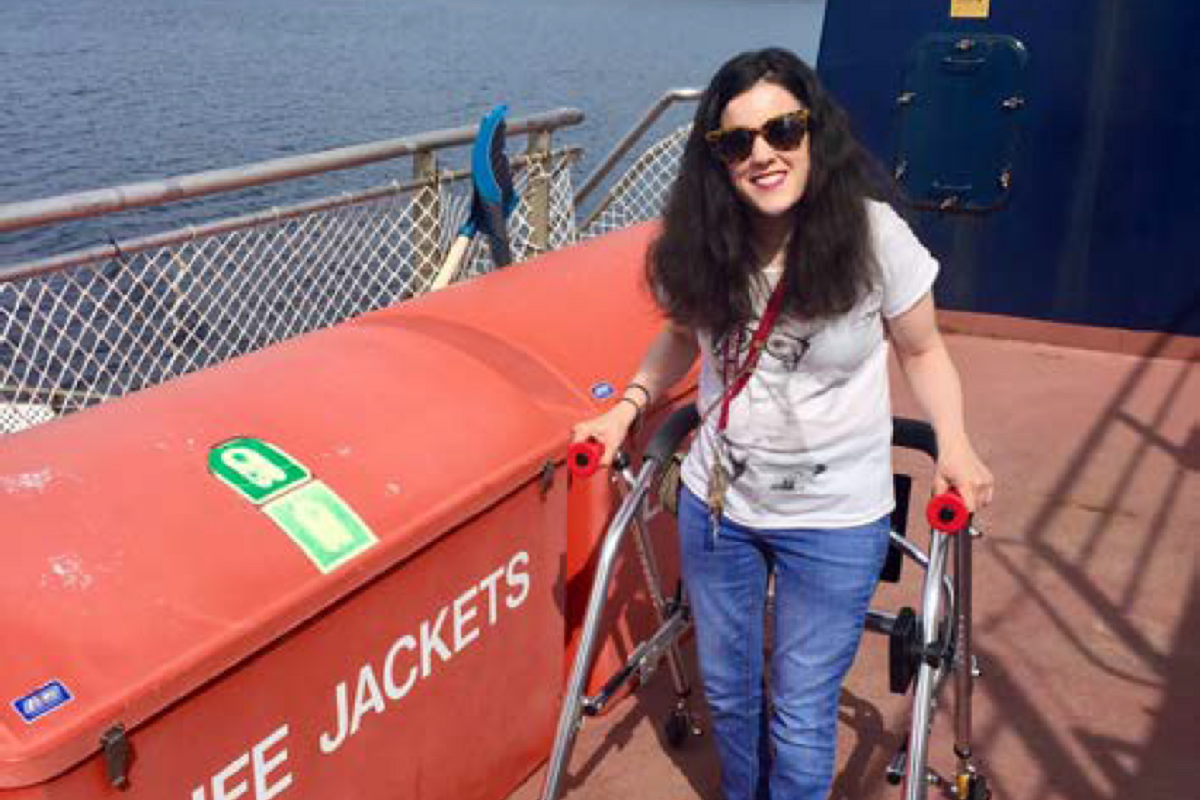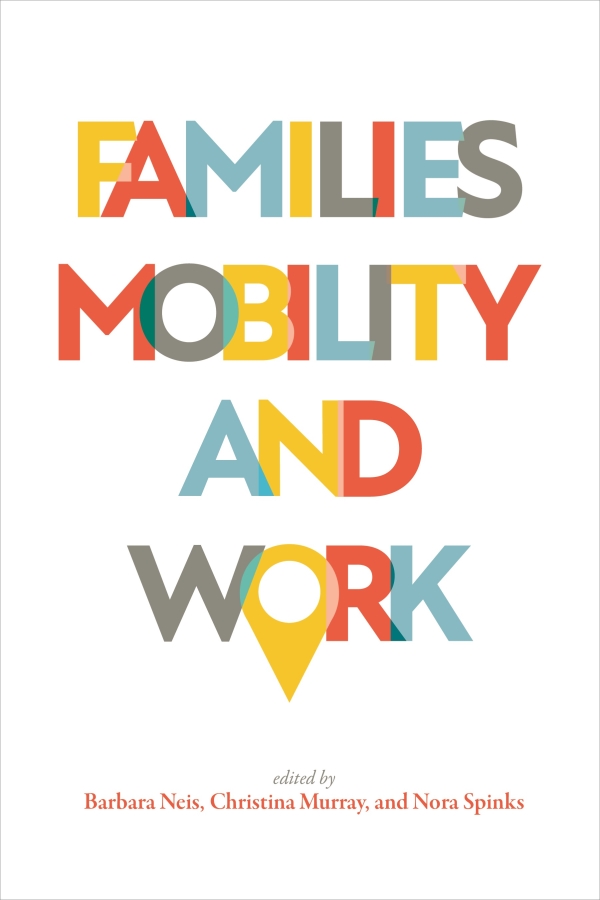
October 13, 2022
Disability, Work Mobility, and Support from “Family” (Families, Mobility, and Work)
Insights from lived experience on disability, mobility, and support.
October 13, 2022
In the chapter “‘When You Got a Disability You Get Good at Networking’: An Interview about Work Mobility with a Disability and the Evolving ‘Family’ That Supports It,” Memorial University researcher Dana Howse interviews Mandy Penney, a woman with cerebral palsy, to highlight the roles family and friends play in the ability of people with disabilities to manage employment expectations in the context of limited work, transportation, and housing options.
This chapter is one of many rich contributions included in Families, Mobility, and Work – a compilation of articles and other knowledge products based on research from the On the Move Partnership. Published in September 2022 by Memorial University Press, this book is now available in print, as an eBook, and as a free open-access volume available in full on the Memorial University website.
“[This interview] sheds light on problematic work disability policies and programs that disregard, complicate, or impede work mobility and illustrates the often-explicit expectation in public programming that people with disabilities will rely on family and friends to help them accomplish all forms of mobility essential to their working lives.” – Dana Howse, PhD
Access Families, Mobility, and Work
Chapter abstract
People with disabilities are less likely to be employed than those without disabilities. Efforts to identify aspects of work that impede the employment of people with disabilities emphasize accessibility concerns within workplaces such as physical barriers and rigid scheduling. Mobility issues outside the workplace such as transportation have received less attention despite enhanced understanding that mobility is an essential dimension of labour engagement that can have serious consequences for workers’ health and well-being. This chapter reviews relevant work disability and mobility literature and presents an edited interview with a young woman with a physical disability to highlight problematic work disability programs and the efforts of people with disabilities and their families to overcome them.
About the author
Dana Howse, PhD, is Senior Research Associate specializing in qualitative research design and analysis at Primary Healthcare Research Unit, Memorial University.
Mandy Penney is a woman in her late twenties with cerebral palsy, a congenital movement disorder that affects her muscles and limits her mobility. She has first-hand experience of under- and unemployment due to her physical disability.
Stay in the know
InfoVanier
A monthly newsletter of research, resources, and events
Linktree
Get alerts on new Vanier Institute publications, events, and announcements
